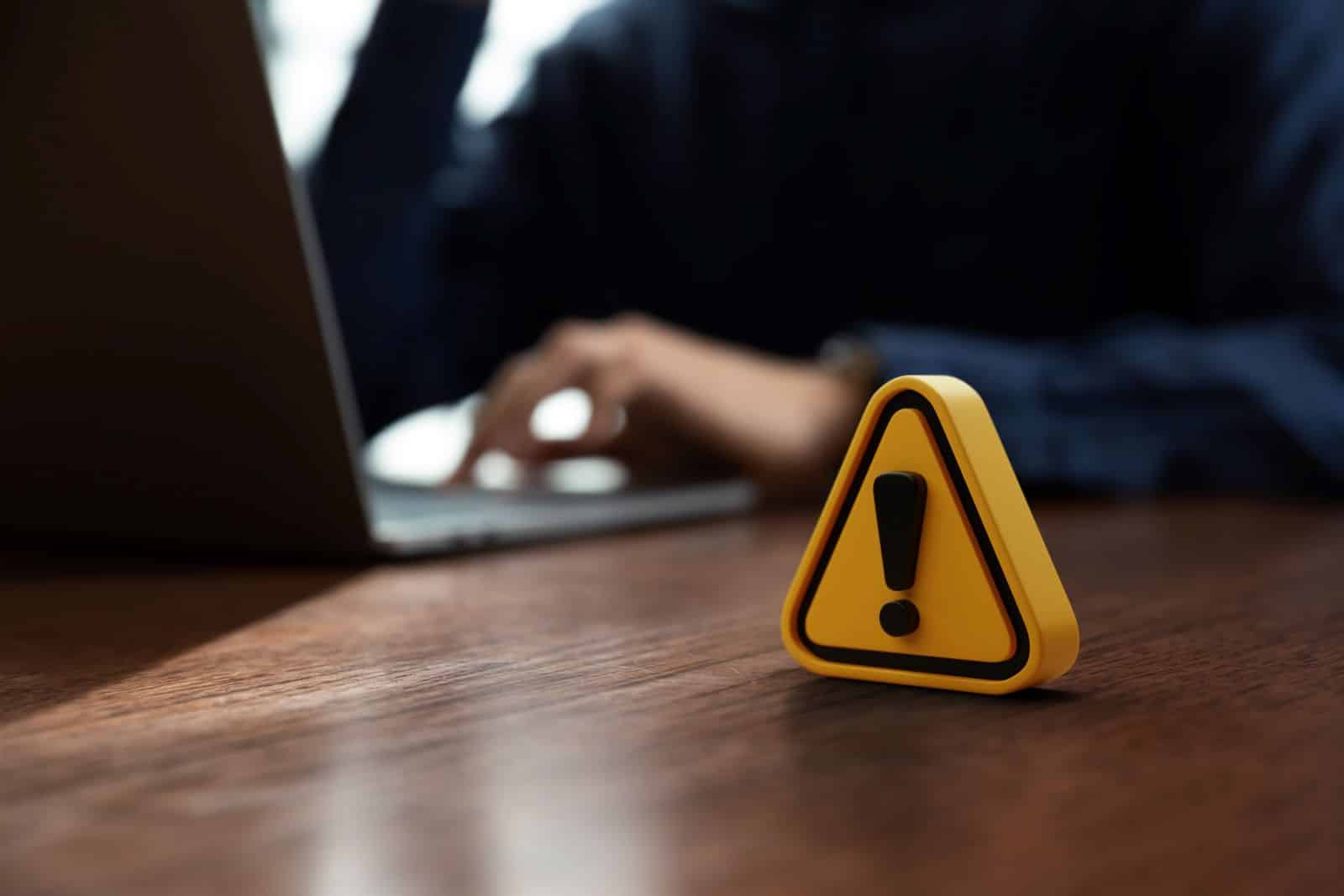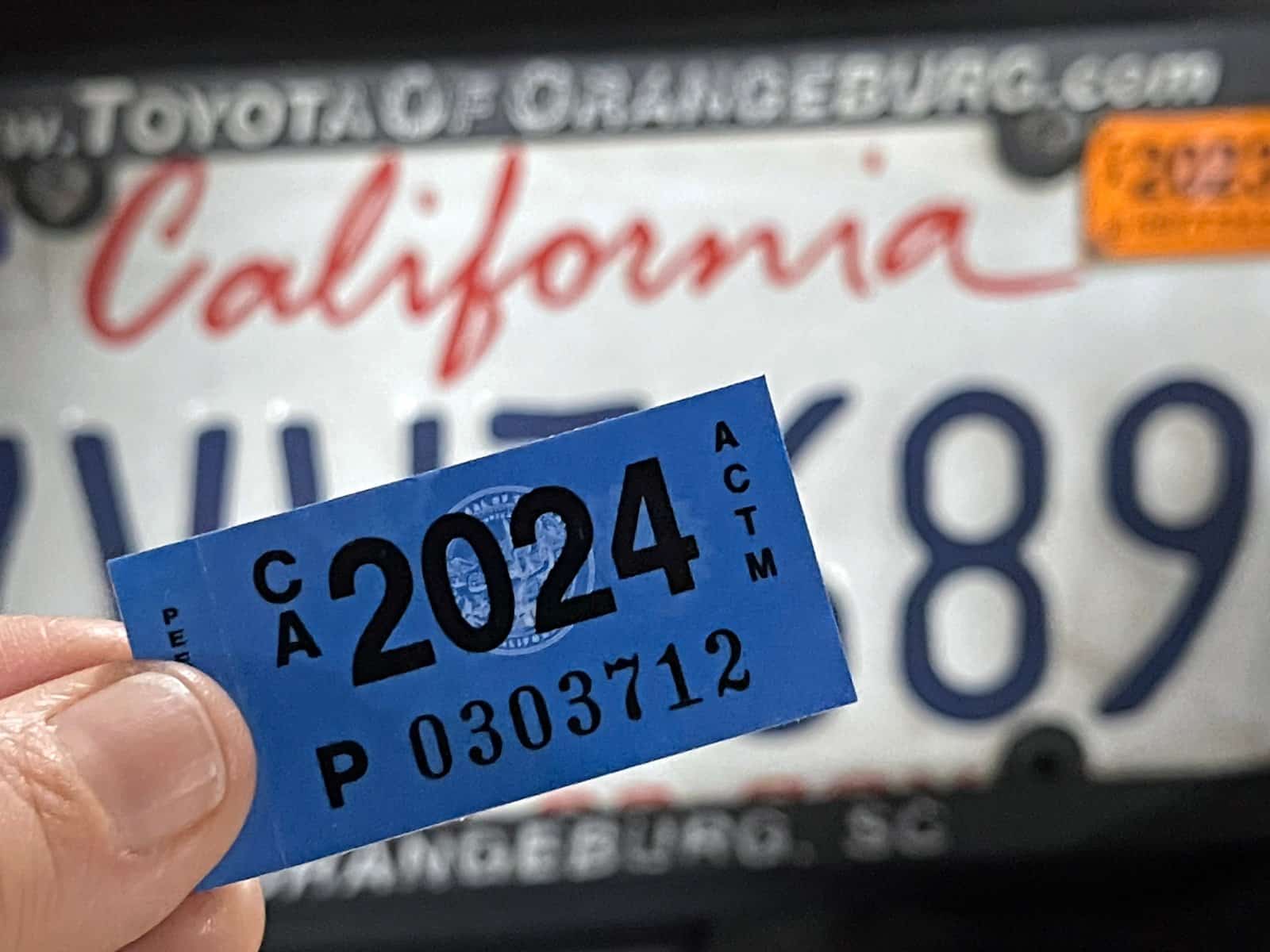A new social media scam is targeting travelers in the UK, using an unusual tactic to acquire personal and financial information from airline customers.
Travel Scams Abound

UK holidaymakers have been warned that an ongoing scam could turn their airline queries into a financial scam, thanks to the use of fake social media accounts. And it could be happening in the US too.
Consumer Watchdog Report

This is thanks to a new report by UK consumer watchdog Which? The report revealed that scammers have been using accounts on X and other social media platforms to pose as customer service representatives for airlines.
New Scam Reported

Scammers have been trawling through social media posts using automated software to find real customers who are using their accounts to contact airlines with queries and requests for assistance.
Customer Representative Dupe

The fake accounts then respond to these posts pretending to be representatives of the respective airline, using similar professional language and urging the user to contact them through DM, or direct message.
A Clever Scheme

“Both used near-identical language, apologizing for the inconvenience, stating that they had ‘already escalated this matter to the relevant department’ and requesting a ‘reachable WhatsApp number for assistance’ via DM [direct message],” the report reads.
Digging for Personal Info

According to Which? The customers will then request personal information from the complainant in order to ‘resolve’ their problems. This could include phone numbers, addresses, and even bank account details.
Phishing Sites Involved

Some users might even be redirected to phishing websites, where scammers can access and use their credit card information.
All Major Airlines Represented

These accounts have made fake representatives for every major airline that operates in the UK, including easyJet, British Airways, RyanAir, Virgin Atlantic, and others.
What is X Doing to Help¿

The watchdog organization also pointed out a lack of action from X, claiming that formally reporting these accounts seemed to have “limited success” in actually removing them from the platform.
Weak Enforcement from X

A spokesperson told the BBC that “accounts that pose as another person, group, or organization in a confusing or deceptive manner may be permanently suspended under X’s misleading and deceptive identities policy,” but many of the reported scam accounts were still operating at the time that the report was released.
Airlines Respond

Several airlines that have been impersonated by this scam tactic responded directly to Which? Including easyJet, Jet2, Wizz Air, and Tui. However, more major commercial airlines like British Airways, RyanAir, and Virgin Atlantic did not respond to queries posed by the watchdog.
Reporting Fake Accounts

‘We continue to report fake accounts to X so they can take any necessary action and we advise customers to only follow and engage with our sole official channel @easyJet,” an easyJet spokesperson responded.
“Our Absolute Priority”

“If we learn of any such activity taking place, our absolute priority is to let customers know so that any potential fraudulent activity can be prevented,” a Jet2 spokesperson said. “We also report the account to the appropriate social media company, and we have a regular dialogue with them.”
A Serious Warning to Travelers

Which? hopes that the report will serve as a warning to people who are trying to find more information about flights and airlines and are relying on social media to get responses from these companies.
Tactics to Spot Scammers

The report offers a few tactics that holidaymakers can use if they are being contacted by social media accounts responding to their online queries.
Valid Links and Verifications

These include checking that the links on the account’s profile link back to the airline’s official website, and checking whether it has Twitter blue or gold verification ticks (though this will not apply to all accounts).
Follower Count

Checking its follower count is also recommended, as airline representatives will typically have thousands to tens of thousands of followers compared to very small fake accounts.
The Biggest Red Flag

But of course, the most important red flag to look out for is any request for financial information. No airline will ever request bank or credit card information via social media messaging.
Travel Scams on the Rise

Record-breaking numbers of people, both in the UK and the US, are now traveling by air both domestically and internationally, so scams like the above are likely to be on the rise.
Stay Aware

Heightened awareness of travel-related cyber attacks and scams should be a priority if you are planning to travel this year.
23 Steep Taxes Adding to California Residents’ Burden

California: a place of sunshine, innovation, and, unfortunately, some of the nation’s highest taxes. From LA’s beaches to Silicon Valley’s tech hubs, residents grapple with a maze of state taxes. Here’s a glance at 23 taxes that might surprise both Californians and outsiders. 23 Steep Taxes Adding to California Residents’ Burden
Cash in on Nostalgia: 21 Toys Now Worth a Fortune

Time to dust off the boxes and find that once-cherished toy from your childhood. For collectors and enthusiasts, these items have become valued objects, and they can be worth big bucks – are there any of these in your attic? Cash in on Nostalgia: 21 Toys Now Worth a Fortune
Millennials Don’t Buy These 19 Products Anymore

Millennials are changing consumer habits, quietly replacing once-staple products and traditions. Often criticized for their disruptive preferences, this generation is reshaping the marketplace with digital expertise, ethical buying, and a taste for the unconventional. Millennials Don’t Buy These 19 Products Anymore
Featured Image Credit: Shutterstock / Rawpixel.com.
The content of this article is for informational purposes only and does not constitute or replace professional financial advice.
